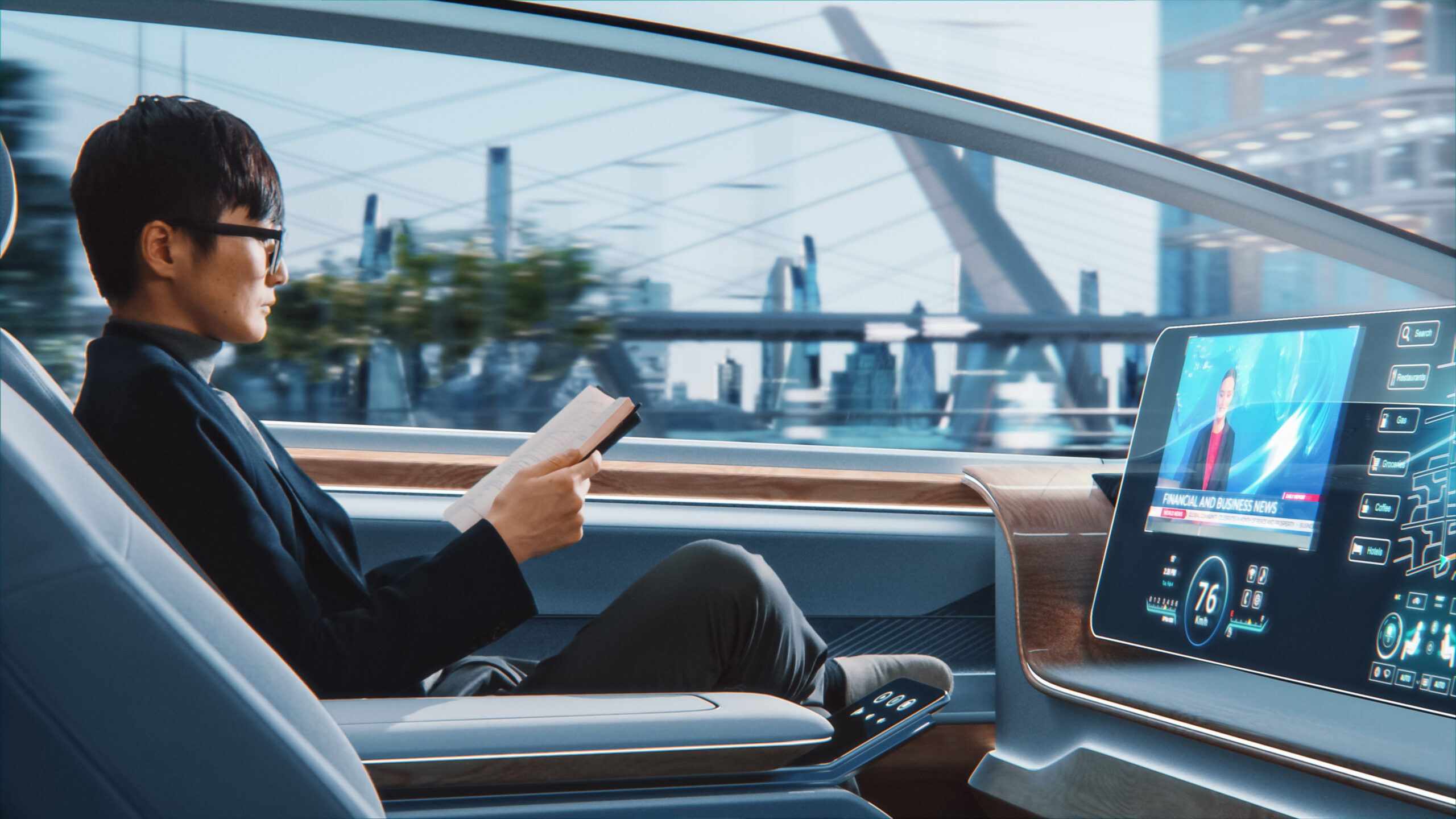Uber CEO Dara Khosrowshahi has expressed scepticism about Tesla's ambitious robotaxi plans, raising questions about the future of autonomous driving.
The race to develop self-driving vehicles is heating up, with both ride-hailing giant Uber Technologies and electric vehicle pioneer Tesla heavily investing in the technology. However, their CEOs have starkly different visions for how autonomous driving will be adopted.
During a recent podcast appearance, Khosrowshahi questioned Tesla's strategy of enabling owners to rent out their vehicles via a peer-to-peer service. He argued that drivers may be reluctant to let "complete strangers" access their cars.
Tesla CEO Elon Musk has envisioned a future where fleets of fully autonomous Teslas are used for various purposes, including ride-hailing, logistics, and car rentals. While the idea of a peer-to-peer rental service has been explored by other companies like Turo, Khosrowshahi's doubts highlight potential concerns surrounding trust and security.
However, Khosrowshahi's criticisms should be taken with a grain of salt. Uber itself is heavily invested in autonomous driving, notably through its partnership with Alphabet's self-driving car subsidiary, Waymo. Furthermore, Khosrowshahi acknowledged that Uber is open to collaborating with other autonomous driving developers, potentially including Tesla.
While expressing reservations about the specific application of Tesla's robotaxi for car rentals, Khosrowshahi acknowledged the potential of Tesla's technology in other areas. The CEO's remarks seem to suggest that Uber is not necessarily dismissing Tesla's ambitions altogether, but rather questioning their focus on a specific aspect of the autonomous driving market.
The potential market for autonomous vehicles is vast, with some analysts, like Cathie Wood of Ark Investment Management, estimating the robotaxi market alone could be worth trillions of pounds. However, the actual demand for such services remains uncertain, and the long-term success of Tesla's robotaxi ambitions is yet to be proven.
Despite the uncertainties surrounding the B2C (business-to-consumer) market for robotaxis, Khosrowshahi's doubts may not completely undermine Tesla's efforts. The potential for B2B (business-to-business) applications, such as delivery services and logistics, remains significant, potentially leading to substantial cost savings and efficiency gains across various industries.
Ultimately, while Tesla's robotaxi ambitions face challenges, the company's technology and its potential applications beyond the B2C space suggest that the company could still play a significant role in the future of autonomous driving.
Article
Business

Uber Boss Casts Doubt on Tesla's Robotaxi Ambitions

